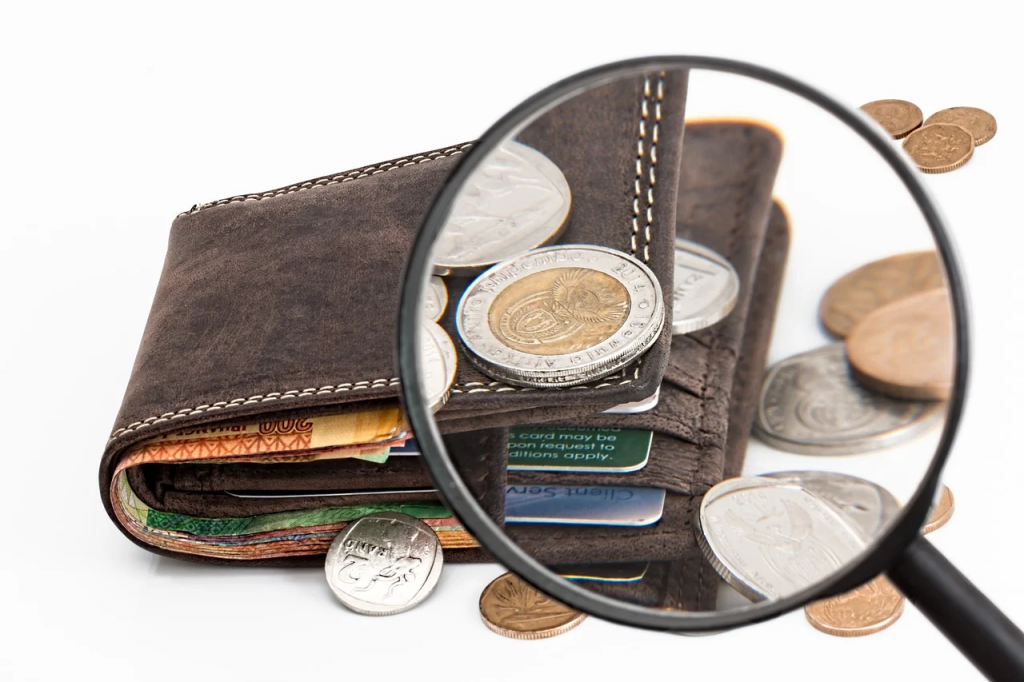
Your financial future to a large extent is based on your credit health. A good credit score can position you to unlock your full financial potential and save hundreds of thousands of dollars in the long run. A bad credit score, however, can turn into a hurdle that gets you an unfavorable interest rate and ends up costing you more than you should have spent. That’s why it pays to know the fundamental parts of your credit report and how it can affect your score.
Read on to find out more about your credit report, the service that helps you monitor it, and the behaviors that can affect your score.
The Necessity of Monitoring your Credit Report
The thought of a fraudster running up huge credit card debts under your name is frightening. Not only does it directly take cash out of your wallet, but it also impacts your credit score and future financial potential. However, if an identity thief runs up charges under your name, how long would it take you before you are even aware of it?
Monitoring your credit report ensures that you recognize all your history transactions and stay alert of irregular purchases, so you can click here to find out more about how to monitor effectively. Moreover, fraudulent activities and errors on your report can hurt your credit score, which is the major factor that affects your likelihood to get approved for credit cards and loans. A low credit score can make it harder for you to qualify for good options as well as resulting in higher interest rates.
Once you are all set up and familiar with the tools, the work is quite simple and quick. It is also free if you decide to do it yourself, although there are paid professional services available.
Understanding your Credit Report Components
A credit report is a summary of the data and information about your borrowing and repayment history that each credit bureau has collected. Your credit report is updated on an ongoing basis based on the information that you have given to banks, mortgage companies or other lenders. Your credit report provides the basis to make up your credit score. The information in your credit report is variable, however, it can be classified into the following categories:
1. Credit history
The numbers and types of your active and closed accounts, whether you pay your bills (including student loans, utility bills, etc) on time, credit utilization ratio, age of credit accounts, and more.
2. Credit Inquiries
Whether your previous credit applications are “hard” or “soft” inquiries.
3. Public Records and Collections
The breakdown of your information on overdue debts like bankruptcies or foreclosures.
4. General Identification
Your salary, your title, occupation history and spending habits.

Options to Monitor your Credit Report
It’s crucial to find the right tool to monitor your credit report and correct any errors as soon as possible before it leads to any further consequences. There are 3 main ways to monitor your credit reports:
1. Do-it-yourself
You can always request your credit report and do the monitoring yourself. However, this is the most difficult and time-consuming method of them all as it requires an organized and disciplined approach. Each item in your credit report should be gone over manually and precisely while you ask yourself if the transaction is correct. Don’t forget that there is more than one credit bureau, so you have to look over at least three reports every time.
2. Use a free monitoring service
These services usually provide data for only one of your credit reports, so you will need multiple accounts or services to manage all of your accounts. Free monitoring tools usually show you general data like the number of accounts but not the detailed data like the names of lenders or account balances. They also sometimes come with annoying pop-up ads. This type of service is ideal to have a quick glance at your credit reports.
3. Subscribe to a paid monitoring service
If you don’t feel like dealing with the hassle when monitoring by yourself or you want the expert’s hand to help, you can pay for a credit monitoring service. This type of service charges a monthly fee to keep an eye on your reports and immediately identify potentially fraudulent claims. They also offer multiple credit monitorings, so you can stay on top of your credit without any hassle. If you decide to take this route, make sure that the service covers at least 3 most popular reports and offer detailed information on your credit history.
If you are merely looking to maintain and improve your credit health, monitoring your credit report makes the work significantly easier. To unlock your full credit potential, keep an eye on your credit score, and analyze your credit report regularly.


